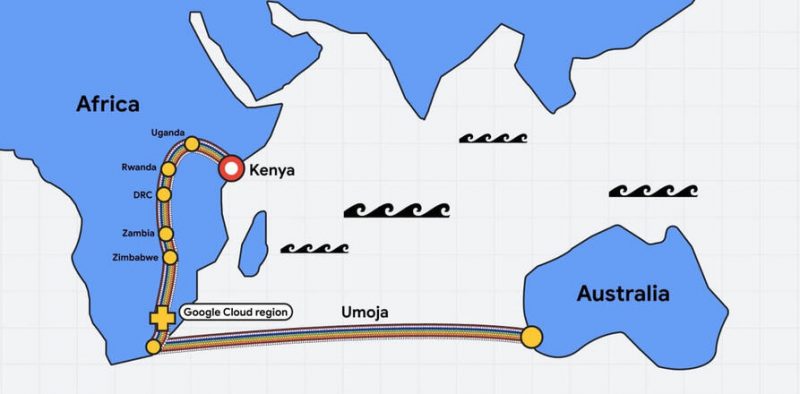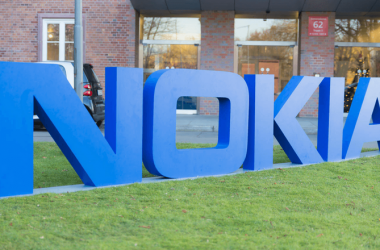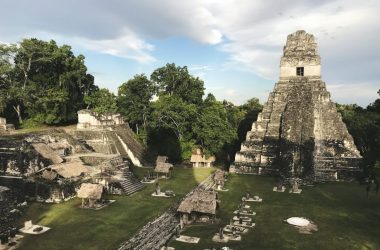Google Cloud has announced a significant investment in Africa’s digital infrastructure, aiming to boost connectivity, economic growth, and resilience across the continent. Brian Quigley, Vice President of Global Network Infrastructure at Google Cloud, outlined these new initiatives in a blog post, emphasizing the importance of digital connectivity for Africa’s future.
A key component of this initiative is Umoja, a pioneering fiber optic route that will directly connect Africa with Australia. The Umoja cable, anchored in Kenya, will traverse Uganda, Rwanda, the Democratic Republic of the Congo, Zambia, Zimbabwe, and South Africa, eventually reaching Australia. This groundbreaking fiber optics network route is a collaboration with Liquid Intelligent Technologies, forming a scalable pathway through Africa with multiple access points for various countries. This project, part of the broader Africa Connect initiative, aims to enhance connectivity within Africa and between Africa and the rest of the world, addressing historical network resilience issues in the region.
Prominent leaders have expressed their support for this initiative. Meg Whitman, U.S. Ambassador to Kenya, highlighted the transformative potential of this investment for Kenya’s digital economy. President of Kenya, Dr. William S. Ruto, emphasized that the new intercontinental fiber optic route would significantly strengthen Kenya’s and Africa’s digital infrastructure, ensuring redundancy and resilience. Australian Minister for Communications, Michelle Rowland, welcomed the investment, noting its potential to enhance global digital inclusion. Strive Masiyiwa, Chairman and Founder of Liquid Intelligent Technologies, praised the project for transforming Africa’s major cities into key nodes on a global data superhighway.
In addition to the infrastructure expansion, Google announced a Statement of Collaboration with Kenya’s Ministry of Information Communications and The Digital Economy. This partnership aims to enhance cybersecurity, foster data-driven innovation, promote digital upskilling, and ensure the responsible deployment of AI for societal benefits. As part of this effort, Google Cloud and Kenya will work together to bolster the country’s cybersecurity framework. The Department of Immigration & Citizen Services is considering Google Cloud’s CyberShield solution and Mandiant expertise to protect the eCitizen platform. CyberShield is designed to enhance cyber threat capabilities, secure web-facing infrastructure, and develop effective security operations.
Google Sub-Saharan Africa Office in Nairobi
Google’s ongoing commitment to Africa’s digital transformation is evident in its long-standing partnerships with governments across the continent. Since opening its first Sub-Saharan Africa office in Nairobi in 2007, Google has invested heavily in the region. In 2021, Google pledged to invest $1 billion over five years to improve connectivity, support startups, and drive digital transformation. As of now, Google has invested over $900 million, with plans to fulfill its commitment by 2026. These investments are aimed at fostering economic growth, enhancing education, and connecting communities through secure technology infrastructure.
Between 2021 and 2023, Google’s products and services generated more than $30 billion of economic activity in Sub-Saharan Africa, according to third-party estimates. The International Finance Corporation projects that Africa’s internet economy could grow to $180 billion by 2025, comprising 5.2% of the continent’s GDP. Initiatives like Umoja, along with efforts to develop local talent, are crucial for ensuring that African citizens can access essential government services and information while enabling businesses to thrive.
According to Brian Quigley in his blog post, Google’s training and certification programs, such as the Google Hustle Academy, have been instrumental in helping entrepreneurs leverage digital technologies to build and sustain businesses. The five-day bootcamp launched in 2022 has supported over 3,500 small businesses in Kenya, focusing on leadership, business strategy, and e-commerce.
Google AI Research Centers in Ghana and Nairobi
Furthermore, Google is driving AI innovation in Africa through its AI Research Centers in Ghana and Nairobi, and the Product Development Center in Kenya. These centers are developing solutions tailored to local challenges. For instance, in Kenya, Google has partnered with Jacaranda Health to improve maternal health outcomes through better access to ultrasounds. Collaborations with Kenyan health organizations like IntelliSOFT, Ona, and Medtronic Labs are enhancing the interoperability of digital health solutions. Additionally, Google is conducting workshops with Kabarak University to support digital health innovation in Kenya.
Overall, Google’s investments and initiatives in Africa seem to be paving the way for significant advancements in digital connectivity, economic growth, and technological innovation.









